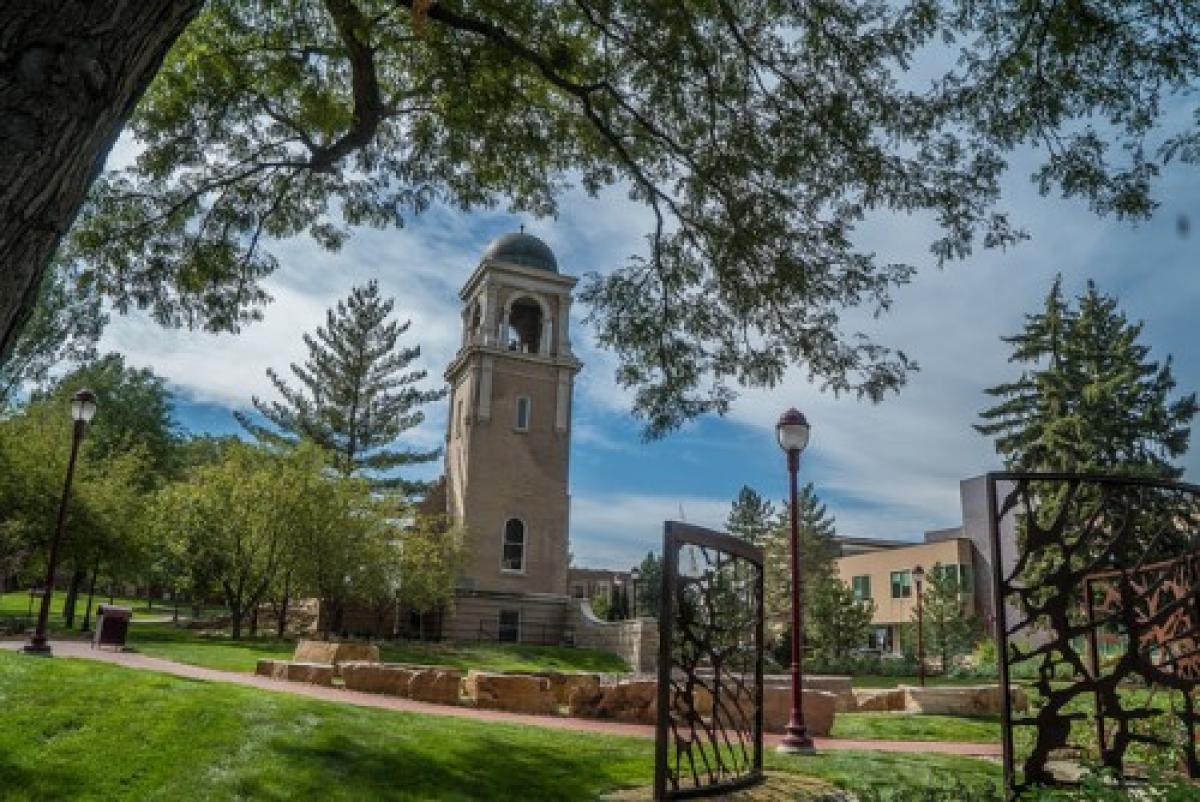DU Launches Crowdfunding Platform DUGood
Platform presents additional opportunities for fundraising at various levels

From Kickstarter to GoFundMe, crowdfunding has become a popular way of raising money for personal projects, big ideas and, in some cases, emergencies. While the idea of crowdfunding initially struck a chord with individuals, the platform quickly took off and has become a tool for groups, organizations and even institutions of higher education.
In May 2015, the University of Denver took advantage of the possibilities of crowdfunding during its day of giving, One Day for DU. During this event, crowdfunding — as a channel — secured 772 donors and $120,000, according to Lisa Feldman, executive director of Annual and Leadership Giving.
Those numbers represent 77 percent of One Day for DU’s total donors and 48 percent of the dollars raised. In light of such success, the University launched DUGood, an official crowdfunding platform, in September.
“It has become an integral channel for fundraising as it creates opportunities for key initiatives to be marketed and gain visibility that they may not otherwise have,” Feldman says. “Crowdfunding is another tool to engage constituents and can be significant in our efforts to increase outreach and provide opportunities for our current constituents, as well as our non-engaged alumni, parents, students, faculty, staff, and community members to be inspired to support initiatives that are compelling and meaningful.”
There currently are six projects on the DUGood platform, which has raised more than $3,700 to date. They include projects involving a student emergency fund, college and career readiness, veterans’ advocacy, club sports, refugee partnership and oncology psychology excellence.
The platform is open to all DU schools, colleges, faculty, staff and students who are seeking funding related to specific DU projects and initiatives. Feldman and her team work closely with the colleges and schools to determine which projects will be approved for potential DUGood funding. The process to start a project begins by filling out the online application.
For a project to be approved and successful, Feldman says it must share in the University’s mission and have a strong social network willing and eager to support its cause.
“Ultimately,” Feldman says, “all projects are for the advancement of DU. They need to be topical, aligned with the mission of the college/school/University, and carry a strong and compelling message. Crowdfunding speaks to the growing need for donors to support their individual passions and to see impact.”
DU is not alone in utilizing crowdfunding. Regionally, the University of Colorado at Boulder and Colorado Springs, as well as Colorado State University, have all launched platforms, with CU Anschutz and Denver to follow suit in the near future, Feldman says. Nationally, the University of Southern California, UCLA, the University of California-Berkeley, Penn State, Cornell and Lehigh have all launched successful crowdfunding platforms.








